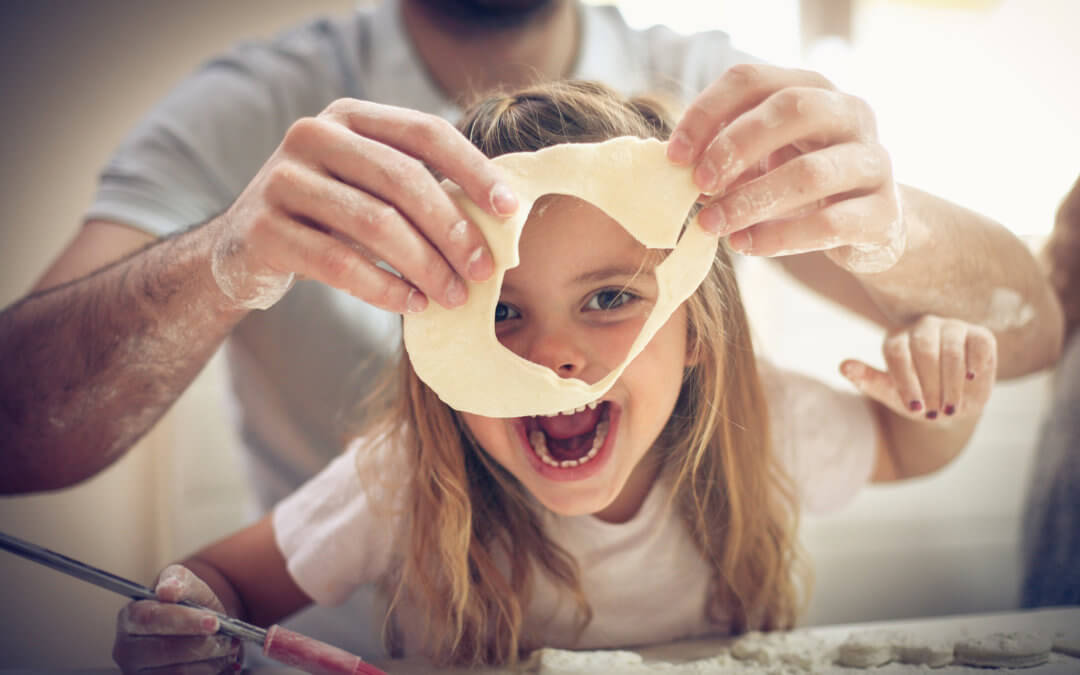Divorce and/or separation is one of the most challenging things for families to navigate as life for everyone drastically changes. Its important that no matter the circumstances surrounding the divorce or separation, that we keep in mind what children are going through. Kids can be incredibly resilient and sometimes may present as if they are not being impacted even though they actually have a lot of feelings going on inside. No matter how young they are, this change will have some impact on them.
Here are a few highlights that are important to keep in mind as everyone tries to navigate this major life change:
1. Kids are way more perceptive than we give credit for.
Yes they have noticed when we are not the same emotionally, no matter how hard we try to hide it. That’s why it’s OK and healthy to normalize difficult feelings and model healthy expression as well. Hiding sadness or pain and not acknowledging it models for our children that its not OK to express or have these feelings. Instead, help your children know it’s OK to talk about their feelings, this can open the door to a great chance to support them emotionally.
Some examples to use might be:
- “I am having a tough time as well, change is hard and it takes adults time to get use to it too.”
- “I’m a little sad, and when I get sad I cry and its OK to cry.”
2. Kids need routine!
So if the parenting time, households, or custody has changed it’s important to create some routines to help them adjust and feel a sense of normalcy. This is especially important after each transition from one home to another. Creating about 30-60 minutes of adjustment time can really help kids get used to the change. This could be quiet-time to unpack, read, color, or watch a show together. Making new traditions can be a fun way to get everyone involved, bond together and keep that sense of family unit intact. Here are some ideas…
Together pick:
- a meal idea to cook
- an activity to do together
- a board game to play
- a craft to do together
3. Talking negatively about the other parent in front of the kids greatly impacts them (and yes they most likely can hear you on the phone).
This includes passive statements that blame the other parent in anyway. By doing so, it communicates to the kids that they cannot love, or be loyal to both. Kids do not have the mental capacity to process this, even teenagers’ brains are not developed enough. The internal conflict from feeling torn between parents can create an increase in behavior issues, emotional outbursts, power struggles at home and in school, increase in colds/sickness, new issues in school, and possible regression in age-related behavior. Its important to let them know that it is OK to love both, and to encourage a positive relationship with the other parent.
4. Don’t be afraid to reach out for help and support for yourself and your children!
This will be a challenging time for everyone involved. Counseling is a great way to help smooth out some of the tough transitions and adjustments, as well as addressing any behavior issues that may arise. Even if the separation is amicable, counseling is never a bad idea during this time as it gives kids the space to talk about their feelings without being worried they are going to hurt their parents’ feelings.
No divorce or separation is the same, and everyone will have their own experience. We at GR Therapy Group are here to help in any way we can! Please do not hesitate to contact us if you or your family needs support during this challenging time.

